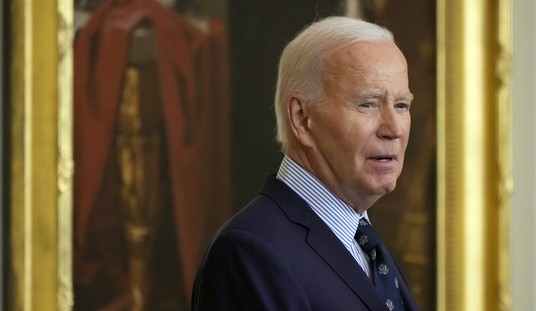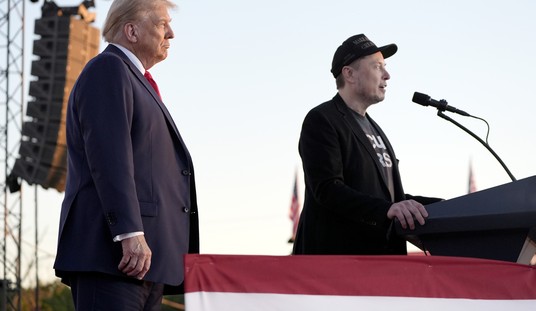
Back in 1992, the Supreme Court ruled, in Quill Corp. vs North Dakota, that the Constitution’s Commerce Clause prevented states from collecting sales tax on retailers who did not have a physical presence in the state. This decision, arguably, set off the boom in internet commerce that spawned Amazon and Overstock and other major online retailers. But the matter was far from settled. In 2015, the Supreme Court decided the case of Direct Marketing Association vs. Brohl. Colorado had tried to sidestep Quill by requiring online retailers to provide Colorado a list of all their Colorado customers. The Court upheld the injunction but in his opinion on the case, Kennedy invited a case to overturn Quill. That case manifested itself in Wayfair vs. South Dakota. And, today, in a 5-4 decision, the Supreme Court took back what it had given in 1992.
The justices, in a 5-4 ruling against Wayfair Inc, Overstock.com Inc and Newegg Inc, overturned a 1992 Supreme Court precedent that had barred states from requiring businesses with no “physical presence” in that state, like out-of-state online retailers, to collect sales taxes.
The ruling opens the door to a new revenue stream to fill state coffers – up to $13 billion annually, according to a federal report – while imperiling a competitive advantage that e-commerce companies had over brick-and-mortar rivals that already must collect sales tax.
…
“Rejecting the physical presence rule is necessary to ensure that artificial competitive advantages are not created by this court’s precedents,” Kennedy said.
The win was welcomed by groups representing brick-and-mortar retailers and decried by e-commerce advocates.
The ruling puts an end to a legal regime that “distorts free markets and puts local brick and mortar stores at a competitive disadvantage with their online-only counterparts,” said Deborah White, general counsel of the Retail Industry Leaders’ Association.
…
South Dakota was backed by President Donald Trump’s administration in the case. The law could yet face legal challenges on other grounds, Kennedy noted.
The ruling is likely to lead other states to try to collect sales tax on purchases from out-of-state online businesses more aggressively. It also likely will lead to many consumers paying more at the online checkout. Forty-five of the 50 states impose sales taxes.
…
Kennedy wrote that the 1992 precedent that affirmed that a physical presence is required – a case called Quill v. North Dakota – was “flawed on its own terms” and was especially problematic due to the rise of internet retail.
In the digital era, the costs of complying with different tax regimes “are largely unrelated to whether a company happens to have a physical presence in a state,” Kennedy wrote.
The ruling comes against a backdrop of Trump’s criticism of Amazon, the leading player in online retail, on the issue of taxes and other matters.
Amazon, which was not involved in the Supreme Court case, collects sales taxes on direct purchases on its site but does not typically collect taxes for merchandise sold on its platform by third-party venders, representing about half of total sales.
This was the line up: Kennedy delivered the decision. He was joined by Thomas, Ginsburg, Alito, and Gorsuch. Roberts wrote the dissent which was joined by Breyer, Sotomayor, and Kagan.
I think the Supreme Court got this right–and I can say that freely and with my head held high now that I’ve been told so many times that I’m not a conservative. The tax holiday was essential to jump-starting internet commerce but it’s time the training wheels came off. The real losers were the small businesses that had only one or a handful of storefronts and couldn’t compete with the giants like Amazon because the market had been distorted by allowing Amazon to operate free of sales tax. To continue the tax break would, in my view, be only a step removed from crony capitalism. It means that states, like Texas, can continue to operate on a sales tax basis without pressure to add a state income tax.
=========
=========
Like what you see? Then visit my story archive.
Follow @streiffredstate
I’m on Facebook. Drop by and join the fun there.
=========
=========














Join the conversation as a VIP Member